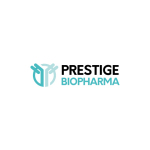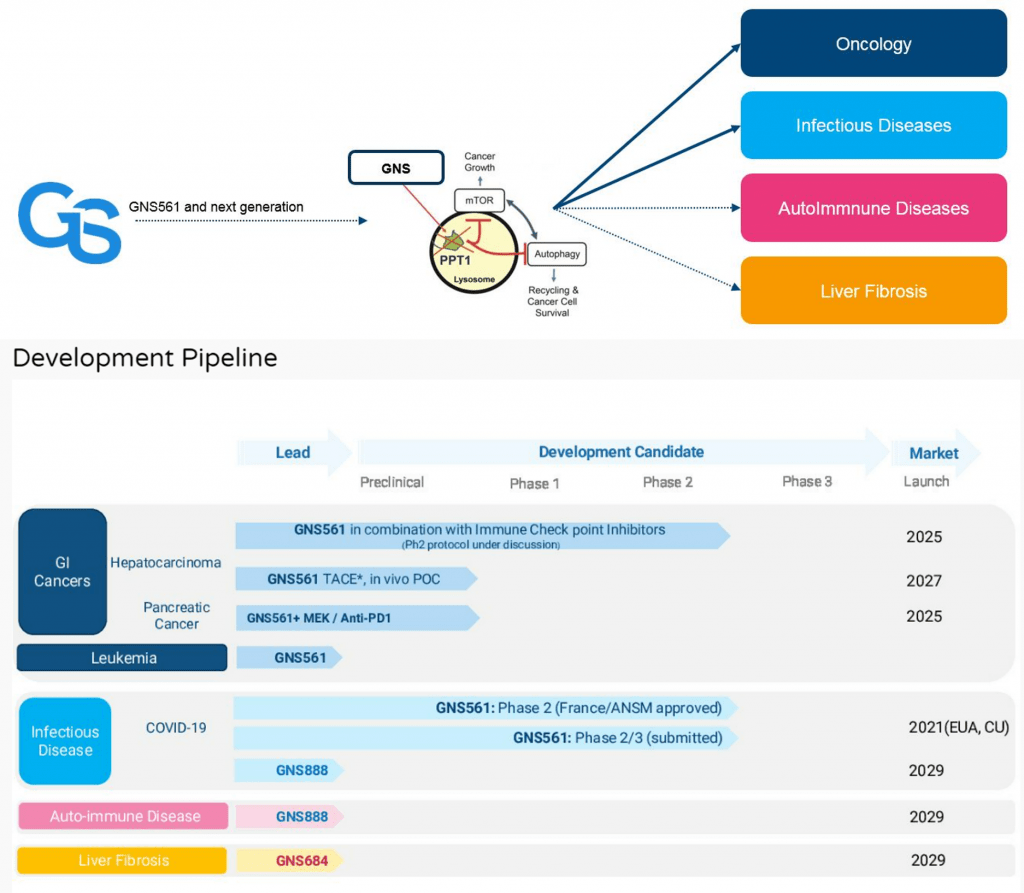Vancouver, BC, Canada, May 1st, 2024 – Defence Therapeutics Inc. (“Defence” or the “Company”), (CSE: DTC, OTCQB: DTCFF, FSE: DTC), a Canadian biopharmaceutical company developing novel immune-oncology therapeutics and drug delivery technologies, is pleased to announce the successful completion of a pre-clinical vaccination trial using its ARM-002TM vaccine against pancreatic cancer. The vaccine was shown to be therapeutically effective against pre-established pancreatic cancer especially when combined with the anti-PD-1 immune-checkpoint inhibitor.
In the context of an in vivo pre-clinical study, Defence tested its ARM-002TM vaccine pulsed with a pancreatic cancer lysate in combination with the anti-PD-1 immune-checkpoint in animals with pre-established Pan02 tumors. Animals’ follow-up revealed that the vaccine is indeed potent as all treated animals remained alive for over 40 days (equivalent to almost 5 years in the human scale) with tumor growth heavily impaired/blocked compared to other treatments/controls. Since Defence is interested in targeting “hard-to-treat” cancers, these results represent an important infliction point and an incentive to redirect its Phase I trial using the ARM-002TM anti-cancer vaccine to target pancreatic cancer.
Pancreatic cancer begins when uncontrolled cellular growth occurs in the pancreas. It is rarely diagnosed at early stages when the chance of curing the disease is the greatest as it often doesn’t cause symptoms until it metastasises to other organs. This classifies this type of cancer as a “hard-to-treat” cancer as patients at that point face limited treatment options.
Treatment for pancreatic cancer depends on the cancer stage as well as its location. Although the first goal of pancreatic cancer treatment is to get rid of the cancer, this unrealistic option often shifts to improving quality of life and keeping the cancer from growing or causing more harm. As such, treatments available for pancreatic cancer often involve surgery, radiation, chemotherapy or a combination, and are associated with limited clinical benefits or life-related complications. For instance, even if surgery to remove the whole pancreas is performed, patients would then rely on taking medicine their entire life to replace the hormones and enzymes made by the pancreas. Alternatively, chemotherapy (often combined with radiation therapy) can shrink the cancer, but it is often associated with resistance and/or relapse. As these standards of care fail in large set of patients, the next available option relies on immunotherapy, which uses the body’s immune system to kill cancer cells.
“Defence’s goal is to bring our proprietary and innovative immune therapies to the clinical stage for the benefit of the cancer patients. We often say that our Accum® platform is highly versatile as it can lead to the development of verticals promoting different products for multiple indications. This also applies to a single product as it can be adapted to various diseases as demonstrated with our ARM-002TM vaccine in vivo pre-clinical studies, which was shown to impair the growth of solid T-cell lymphoma, melanoma and now pancreatic cancer” says Mr. Plouffe, Chief Executive Officer of Defence Therapeutics.
Pancreatic Cancer Market size is estimated to surpass USD 36 Billion by the end of 2036, growing at a CAGR of 18% during the forecast period of 2024-2036. In 2023, the industry size of the pancreatic cancer was over USD 6 Billion. The growth of the market can be attributed to the rising prevalence of cancer cases among people across the world.
https://www.researchnester.com/reports/pancreatic-cancer-market/5299
About Defence:
Defence Therapeutics is a publicly-traded clinical-stage biotechnology company working on engineering the next generation vaccines and ADC products using its proprietary platform. The core of Defence Therapeutics platform is the ACCUM® technology, which enables precision delivery of vaccine antigens or ADCs in their intact form to target cells. As a result, increased efficacy and potency can be reached against catastrophic illness such as cancer and infectious diseases.
For further information:
Sebastien Plouffe, President, CEO and Director
P: (514) 947-2272
Splouffe@defencetherapeutics.com
Cautionary Statement Regarding “Forward-Looking” Information
This release includes certain statements that may be deemed “forward-looking statements”. All statements in this release, other than statements of historical facts, that address events or developments that the Company expects to occur, are forward-looking statements. Forward-looking statements are statements that are not historical facts and are generally, but not always, identified by the words “expects”, “plans”, “anticipates”, “believes”, “intends”, “estimates”, “projects”, “potential” and similar expressions, or that events or conditions “will”, “would”, “may”, “could” or “should” occur. Although the Company believes the expectations expressed in such forward-looking statements are based on reasonable assumptions, such statements are not guarantees of future performance and actual results may differ materially from those in the forward-looking statements. Factors that could cause the actual results to differ materially from those in forward-looking statements include regulatory actions, market prices, and continued availability of capital and financing, and general economic, market or business conditions. Investors are cautioned that any such statements are not guarantees of future performance and actual results or developments may differ materially from those projected in the forward-looking statements. Forward-looking statements are based on the beliefs, estimates and opinions of the Company’s management on the date the statements are made. Except as required by applicable securities laws, the Company undertakes no obligation to update these forward-looking statements in the event that management’s beliefs, estimates or opinions, or other factors, should change.
Neither the CSE nor its market regulator, as that term is defined in the policies of the CSE, accepts responsibility for the adequacy or accuracy of this release.






